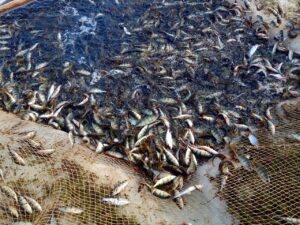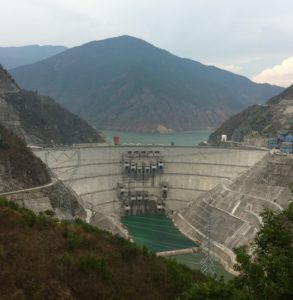Featured News
Indonesia launches a new intelligence hub to curb illegal fishing
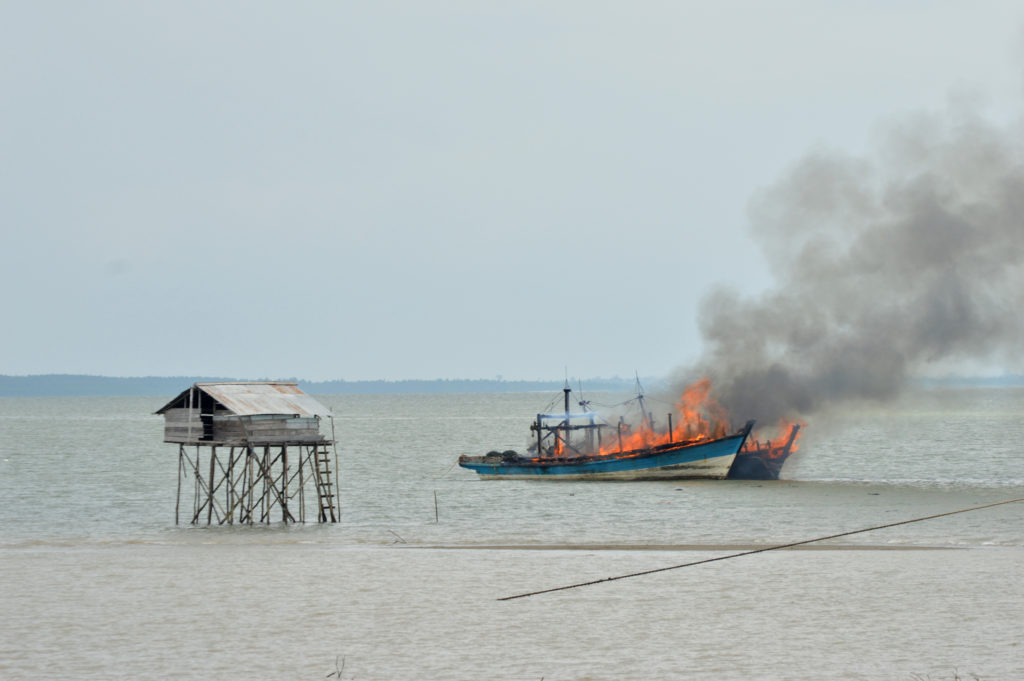
In response to the continued threat posed by illegal, underreported, and unregulated (IUU) fishing, and recognizing that no single government agency can combat IUU fishing alone, Indonesia has established a new intelligence hub, the Indonesian Maritime Information Center (IMIC). This effort will integrate information collected across multiple government agencies in order to better coordinate against IUU fishing by foreign vessels in its domestic waters.
The IMIC is led by the Indonesian Coast Guard and will apply a whole-of-government approach, coordinating across multiple government agencies. The IMIC is the latest measure to combat the considerable IUU fishing in Indonesian waters by foreign fleets. Since 2014, the Indonesian government has sunk more than 500 foreign ships captured in their territorial waters in an effort to deter illegal fishing, but incidents continue.
When fully operational, the IMIC will promote information sharing among maritime users and support law enforcement operations at sea. Specifically, through collecting, verifying, and publishing data from the multiple agencies and sources, such as satellite imagery, aerial surveillance, and ship automatic identification systems (AIS), it will look to identify potential IUU hotspots. This will enable the government of Indonesia to take timely and effective action to combat IUU fishing. While these agencies already analyze data they individually collect, the IMIC has the potential to take a comprehensive and holistic look at the impact of IUU fishing on Indonesia’s maritime security.
Arctic sea ice decline heightens climate vulnerability for indigenous communities
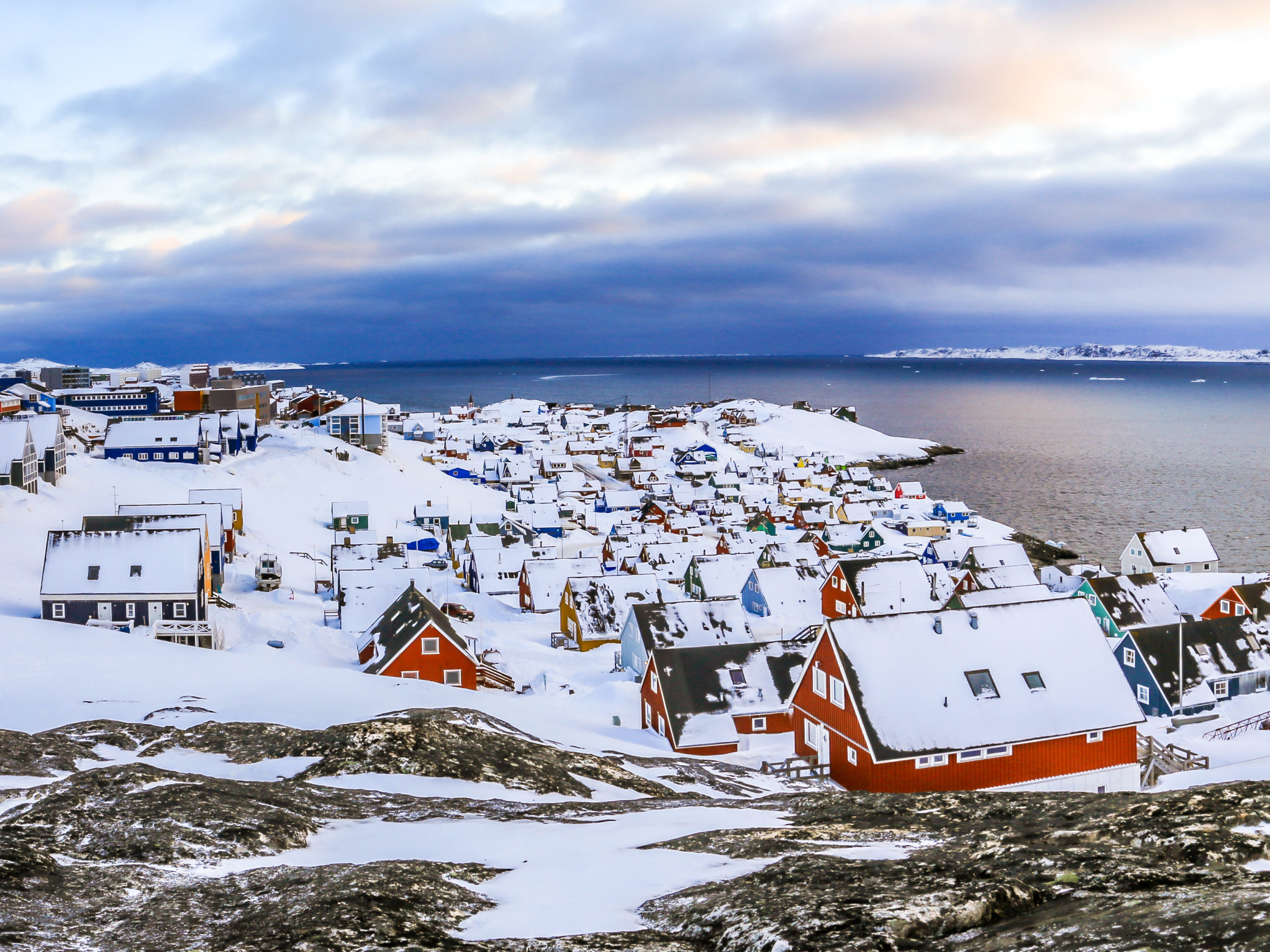
New data released by the U.S. National Snow and Ice Data Center shows that Arctic sea ice has melted to the second-lowest level in 42 years. For the month of September, Arctic sea ice extent averaged 1.51 million square miles—which is just 135,000 square miles above the record low from September 2012. The Arctic is highly vulnerable to the impacts of climate change.
The low sea ice heightens the risk climate change poses to Indigenous communities across the Arctic. An estimated 10 percent of the Arctic’s population of 4 million are Indigenous. As the Arctic warms and the sea ice continues to melt, 31 coastal villages in Alaska face the threat of coastal erosion and will require eventual relocation. These villages are also becoming more vulnerable to extreme storms. In addition, access to food is shrinking as sea ice melt making subsistence hunting and fishing less reliable and more dangerous. Critical infrastructure, such as roads and coastal defenses, are also at risk from melting permafrost.
Renewed interest in the Arctic by extractive industries further threatens Indigenous traditions and livelihoods in the region. In response, the Gwich’in Nation raised concerns to the UN Human Rights Council about a recent decision by the Trump Administration to open up a coastal section of the Arctic National Wildlife Refuge for oil and gas drilling. Earlier in the summer, the Gwich’in Nation joined 12 other groups in a lawsuit to prevent the drilling, arguing that the decision violates numerous federal laws. Fifteen states have also filed a lawsuit against the Bureau of Land Management, stating that the proposed oil and gas permits in the coastal plain violate environmental laws. As the impacts of climate change grow more severe, it is important that policy leaders and climate experts work closely with Indigenous peoples to gain insightful Arctic perspectives in their dialogues on Arctic governance and environmental change.
Malaysian Maritime Enforcement Agency detains Chinese fishing vessels for trespassing
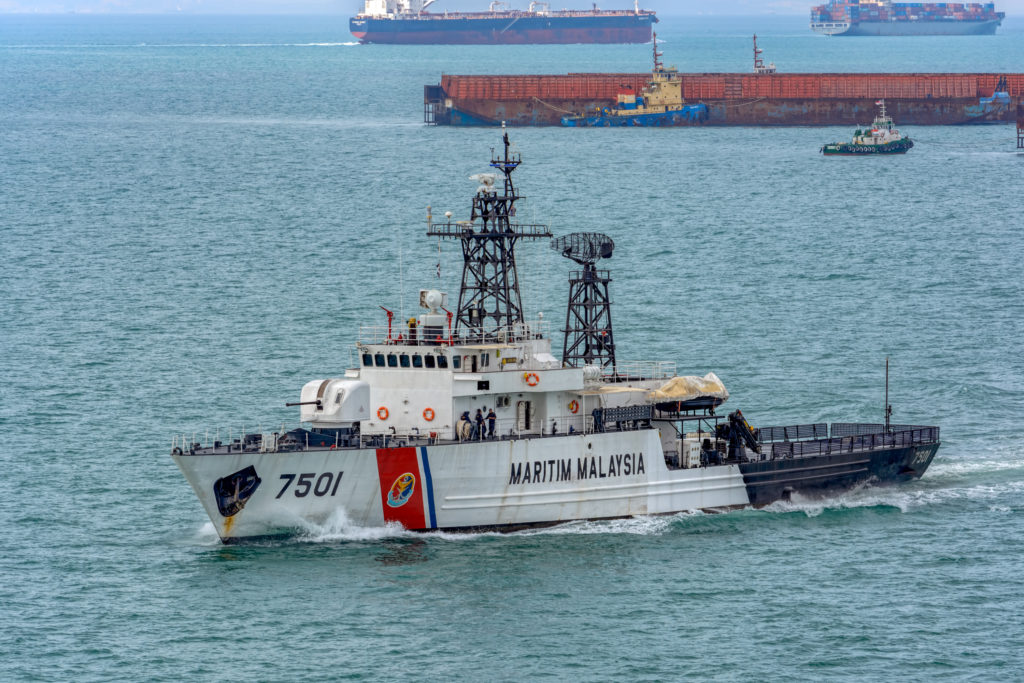
On October 10th, the Malaysian Maritime Enforcement Agency (MMEA) announced that it had detained six Chinese fishing vessels and 60 Chinese nationals for entering Malaysia’s territorial waters without a valid government permit. The ships carried no cargo and were reportedly heading to fish off the coast of Mauritania when they anchored just south of the Malaysian state of Johor. When asked about the incident, the Chinese Ministry of Foreign Affairs stated that the issue is under investigation and officials from the Chinese embassy in Malaysia had been sent to visit the detained crew members and requested that the Malaysian government to carry out a “fair investigation”.
This violation carries a potential fine of up to $1.45 million per captain, $145,000 USD per crew member, and up to two years of prison. The arrests reflect increasing enforcement by the Malaysian Coast Guard, as tensions rise between states contesting territory and fisheries rights in the South China Sea continues to rise.
Malaysia, one of the several countries with overlapping claims in the South China Sea, has recently taken a more aggressive stance to police other nations’ activities in the region. Earlier this year, the Malaysian Coast Guard clashed with Vietnamese fishing boats operating illegally in its waters, resulting in the death of a Vietnamese fisherman. In late July, the Malaysian Mission to the United Nations submitted a note verbale, rejecting China’s historic South China Sea claims under the United Nations Convention on the Law of the Sea (UNCLOS). This echoes a joint statement issued by the U.S. and Australia a week earlier that rejected China’s claims on similar grounds. As IUU incidents continue to rise across the East China Sea, all parties must work to ensure that individual incidences do not escalate into military action.
IN CASE YOU MISSED IT
CORVI Project expands to Chittagong, Bangladesh as new UN report highlights need for increased climate finance
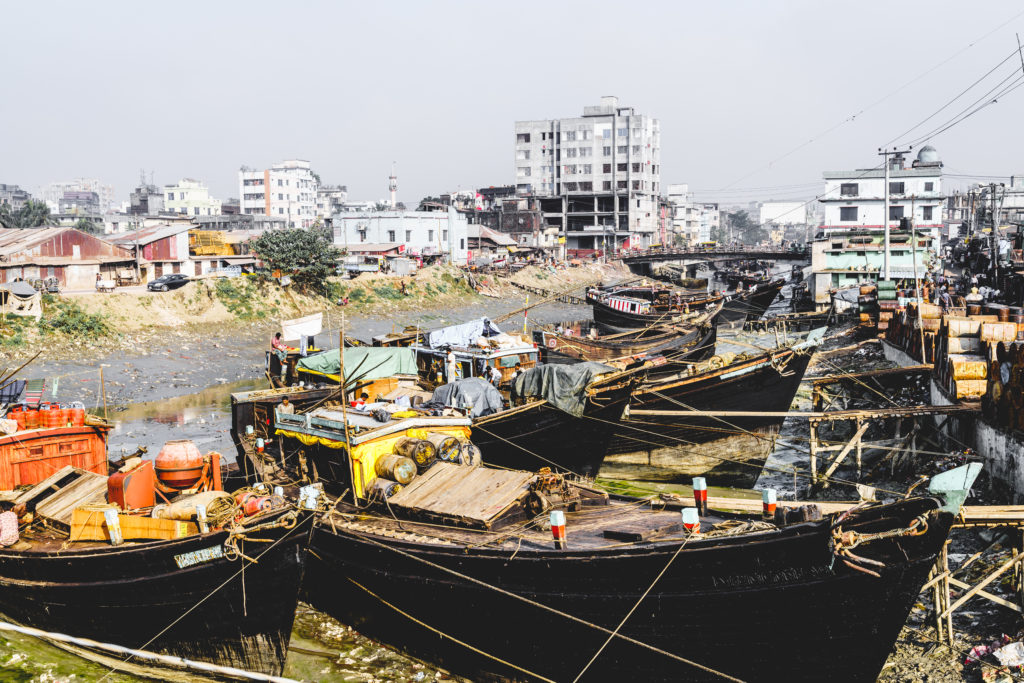
This month, in partnership with the Ocean Policy Research Institute of the Sasakawa Peace Foundation and Independent University Bangladesh, the Stimson Center launched a new Climate and Ocean Risk Vulnerability Index (CORVI) project in Chittagong, Bangladesh. The project will analyze the threat climate change poses to the environment and socio-economic conditions in Chittagong and build a comprehensive risk dataset, to be used by decision makers to better understand these risks and build resilience where it matters most.
At the same time, the UN’s 2020 State of Climate Services report has urged the international community to invest in effective early warning systems to combat extreme weather events. In the past 50 years, an estimated 11,000 disasters involving weather, climate, and water-related hazards have claimed two million lives and caused more than $3.5 trillion in economic losses. Tools like CORVI can play an important role in measuring systems vulnerability for at-risk areas like coastal cities, allowing resilience to be built before the extreme event.
Brazilian court blocks attempt to rollback protections for country’s mangroves
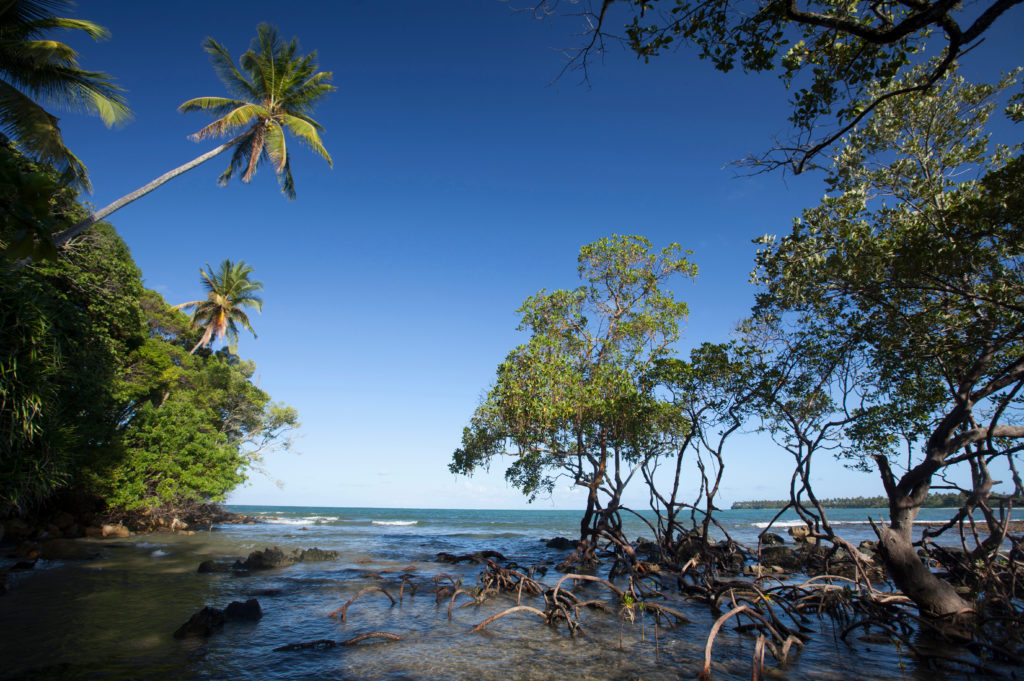
In September, a Brazilian court blocked the National Environmental Council (Conama) from overturning a set of regulations that protect the country’s mangroves. The decision was welcomed by environmental groups, who are concerned that the country’s mangroves are at risk from urban development and the tourism sector. Mangroves are among the world’s most effective carbon sinks and are central to mitigating the effects of climate change. These are play a critical role in protecting coastal areas from climate impacts such as storm surge and extreme storms. The threat to Brazil’s mangroves come on the heels of rapid deforestation in the country’s Amazon and Pantanal regions. The court decision represents a major victory for environmental protection in Latin America.
Solomon Islands call on distant water fishing nations to curb IUU fishing in speech to the UN General Assembly
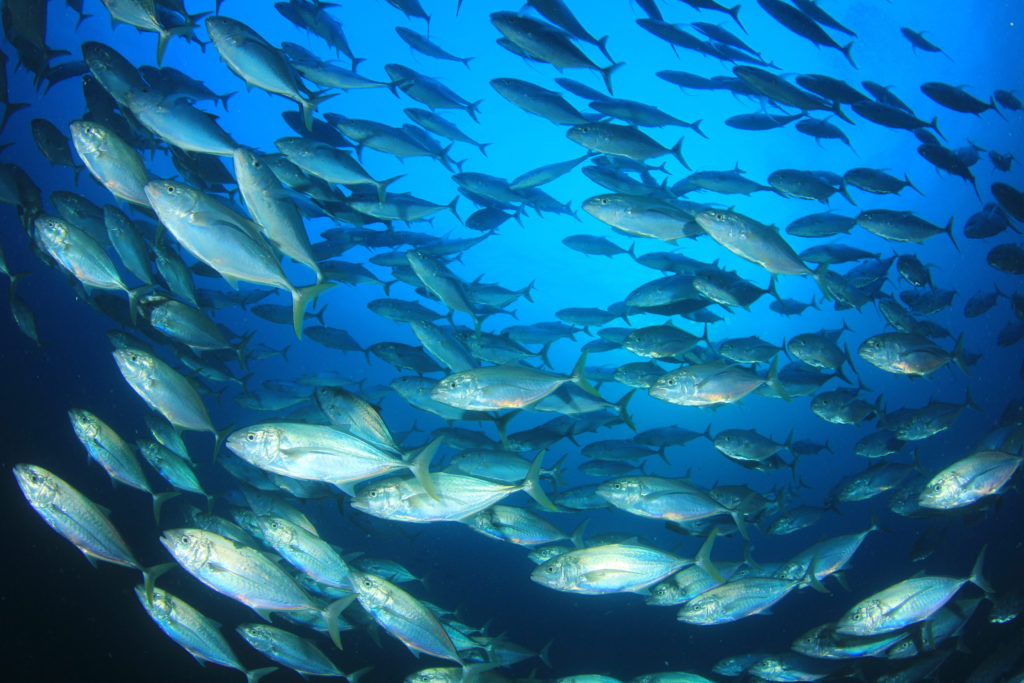
Prime Minister Manasseh Sogavare of the Solomon Islands has called on countries with large distant water fishing fleets to curb IUU fishing by their fleets in the Pacific Ocean. In a speech to the UN General Assembly, he said that Pacific countries have been losing $160 million in direct fisheries revenue every year, and in the Solomon Islands in particular the tuna fisheries employ more than 2,000 people and provide $60 million to the local economy. The Prime Minister also emphasized the position of the Pacific Islands Forum, of which the Solomon Islands are a member, calling for a legally binding instrument on the conservation and sustainable use of marine biodiversity in areas outside national jurisdictions.
Stimson Center joins End Wildlife Crime Initiative
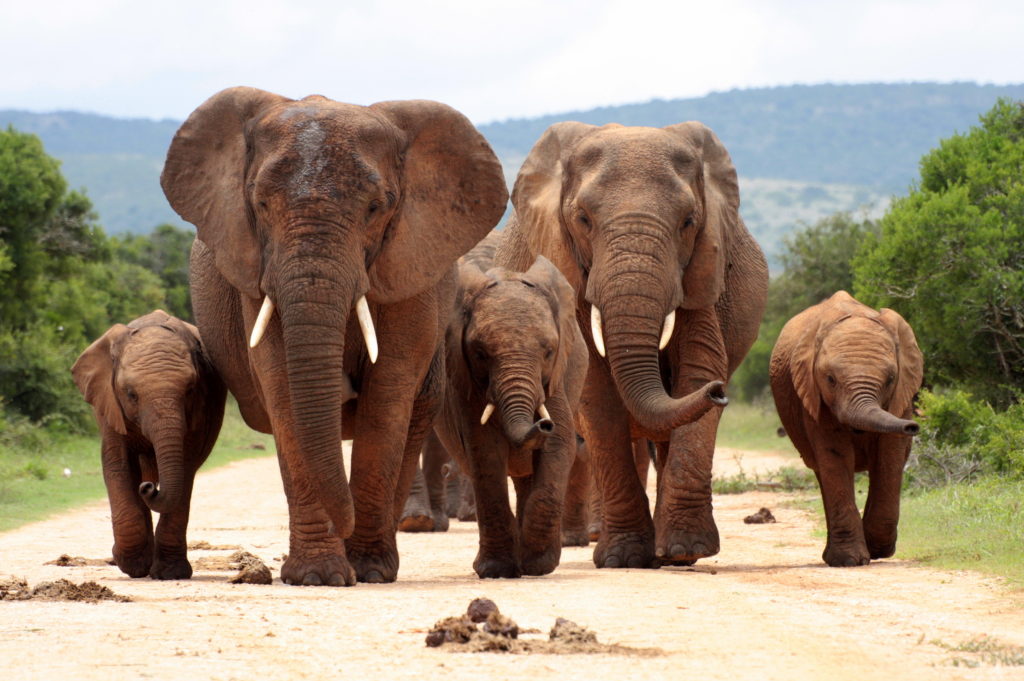
Wildlife crime is devastating biodiversity and driving species to extinction, accounting for up to $216 billion per year in illicit revenues. Often controlled by international criminal organizations, wildlife crime undermines conversation efforts, damages economic development, and degrades the security of individuals, communities, and countries. In response, the End Wildlife Crime initiative is seeking to amend CITES and add a fourth protocol under the UN Convention against Transnational Organised Crime. The Stimson Center will serve as a convener, where diverse partners can come together to do discuss entry points, opportunities, and challenges associated with altering CITIES and UNTOC, and how these changes can be effectively implemented.


